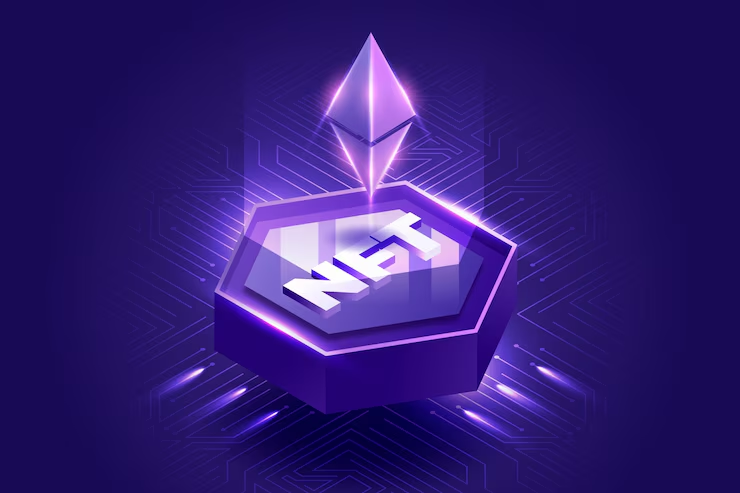The Future of Payment Authentication: Biometrics, Passkeys & Tokenization Explained
As online payments evolve, so do the threats — and so do the defenses. Traditional passwords and OTPs are no longer enough. In 2025, payment authentication is shifting towards biometrics, passkeys, and tokenization — technologies that promise tighter security and smoother user experiences.
Why Traditional Payment Authentication Is Failing
- Passwords are weak and reused
- OTPs (One-Time Passwords) can be intercepted via SIM swaps or phishing
- CAPTCHAs and 2FA frustrate users more than they protect
The result? Higher cart abandonment, fraud spikes, and rising customer complaints.
What’s Next in Authentication
1. Biometric Verification
Face ID, fingerprint scanning, and voice recognition are replacing PINs and passwords. Banks and fintechs now integrate biometric APIs for:
- Mobile wallet logins
- Transaction approvals
- Identity verification at onboarding
Why it matters: Biometric data is nearly impossible to fake and reduces friction.
2. Passkeys
Passkeys are cryptographic credentials that replace passwords entirely. Apple, Google, and Microsoft now support passkeys that sync across devices.
How it works: A private key stays on the user’s device; a public key is stored by the service. No more password phishing or weak credentials.
3. Tokenization
Tokenization replaces sensitive payment data with non-sensitive equivalents (tokens). For example, your real card number is never stored — a unique token is used instead.
Where it shines: E-commerce checkouts, recurring billing, and in-app purchases.
Who’s Leading the Charge?
- Apple Pay and Google Wallet with biometric + tokenized flows
- Shopify and Stripe adopting passkey support
- African payment processors experimenting with voice biometrics
What This Means for i4 Users
If you’re building a product that collects payments, you must offer secure and user-friendly authentication:
- Add biometric-ready SDKs
- Use tokenized gateways
- Embrace passwordless login for speed and trust
i4’s infrastructure supports secure, scalable authentication integrations — let us show you how.


